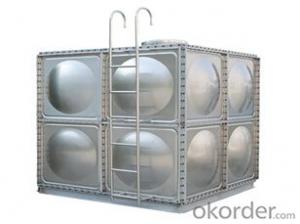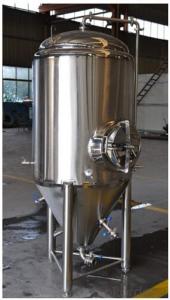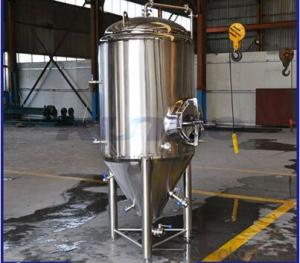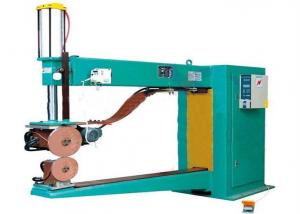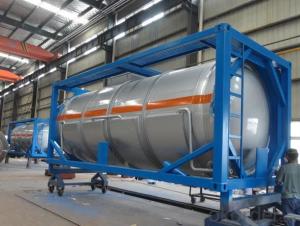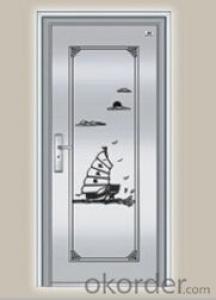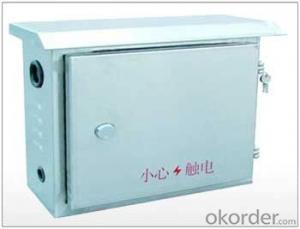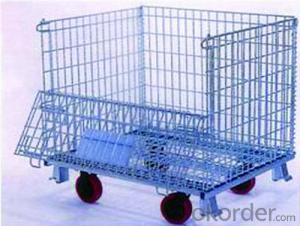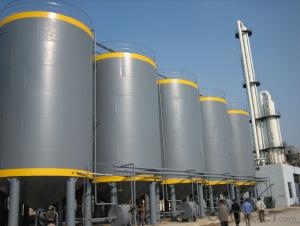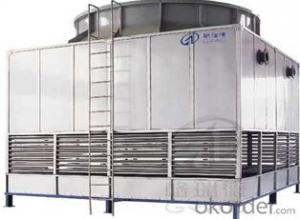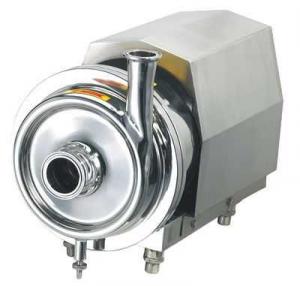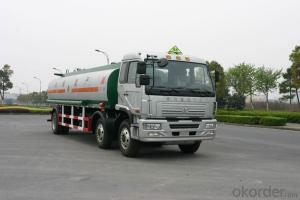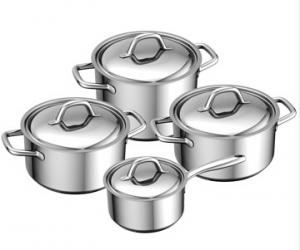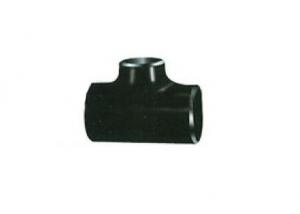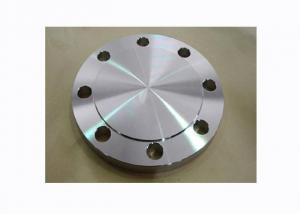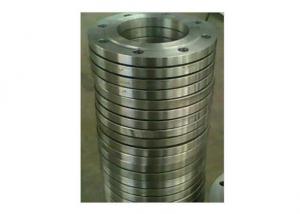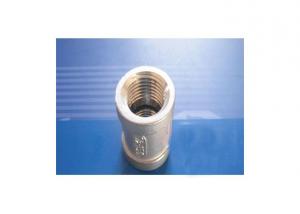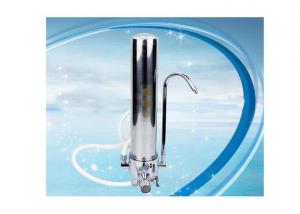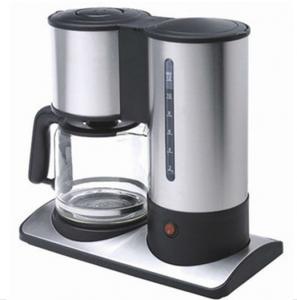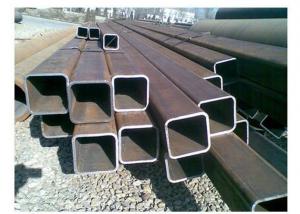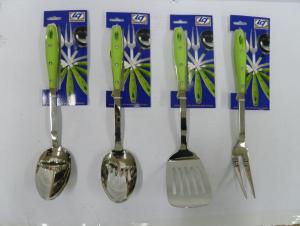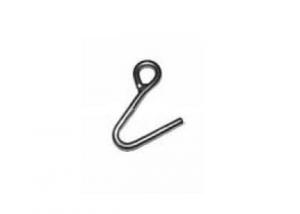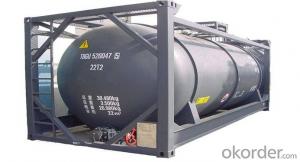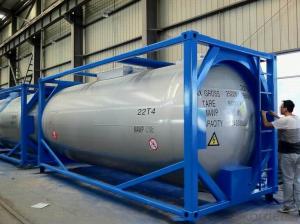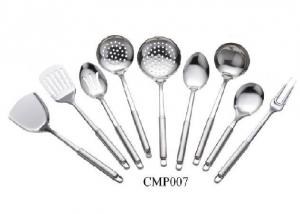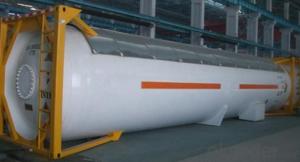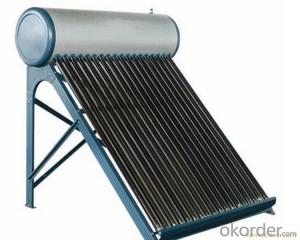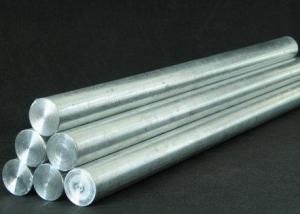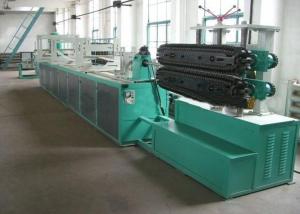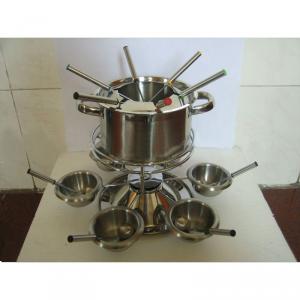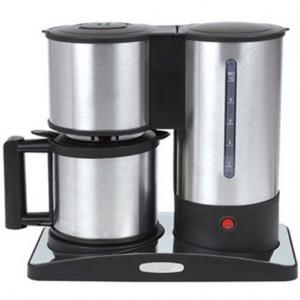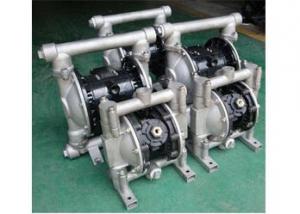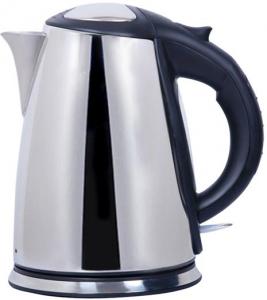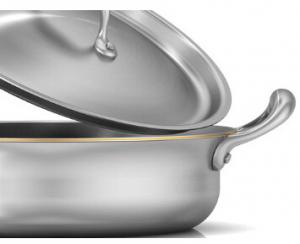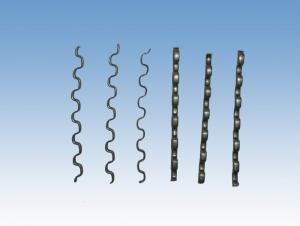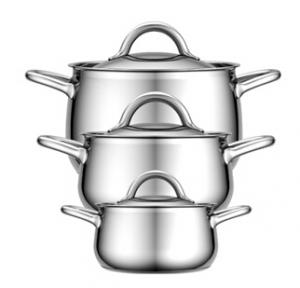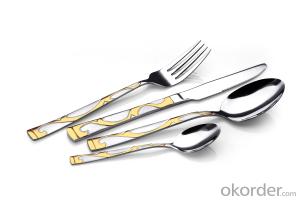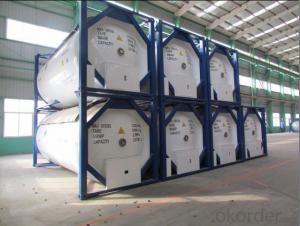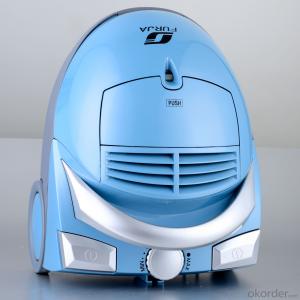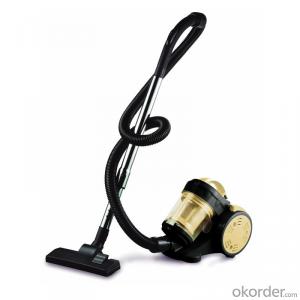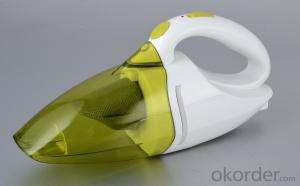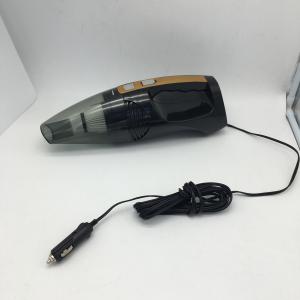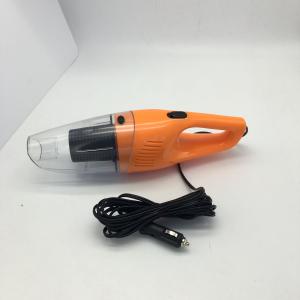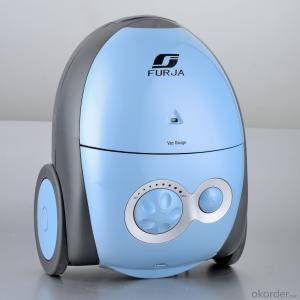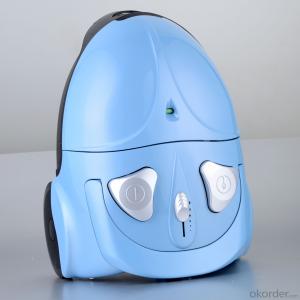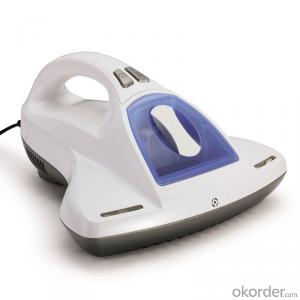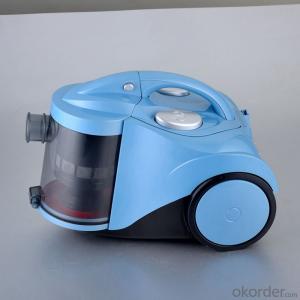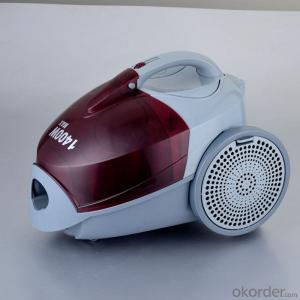Stainless Steel Storage Tank
Stainless Steel Storage Tank Related Searches
Stainless Steel Tank Stainless Steel Storage Stainless Steel Stock Tank Stainless Steel Pressure Tank Stainless Steel Tanks Stainless Steel Food Storage Stainless Steel Mixing Tank Stainless Steel Tankers Stainless Steel Canister Stainless Steel Bin Stainless Steel Refrigeration Stainless Steel Wine Tanks Stainless Steel Rack Stainless Steel Canisters Stainless Steel Trash Bin Stainless Steel Box 100 Gallon Stainless Steel Tank Stainless Steel Drying Rack Stainless Steel Luggage Stainless Steel Cooling Rack Stainless Steel Flask Stainless Steel Trashcan 50 Gallon Stainless Steel Tank Stainless Steel Dry Rack Stainless Steel Drain Stainless Steel Racking Stainless Steel Enclosure Stainless Steel Shelving Stainless Steel Tub Stainless Steel Litter BoxStainless Steel Storage Tank Supplier & Manufacturer from China
Stainless Steel Storage Tanks are robust and versatile containers designed for the storage of various liquids and substances. These tanks are made from high-quality stainless steel material, ensuring durability, corrosion resistance, and ease of cleaning. They are widely used in industries such as food and beverage, pharmaceuticals, chemicals, and water treatment due to their ability to maintain the purity and safety of the stored products.The Stainless Steel Storage Tank finds its application in a variety of usage scenarios, including bulk storage, mixing, and blending processes. They are ideal for both indoor and outdoor installations and can be customized to meet specific requirements in terms of size, shape, and material. These tanks are known for their ability to withstand extreme temperatures and pressures, making them suitable for a wide range of applications.
Okorder.com is a leading wholesale supplier of Stainless Steel Storage Tanks, boasting a large inventory of high-quality products. The company is committed to providing customers with reliable and cost-effective solutions for their storage needs. With a diverse range of Stainless Steel Storage Tanks available, Okorder.com caters to various industries and applications, ensuring that customers can find the perfect tank to meet their specific requirements.
Hot Products
